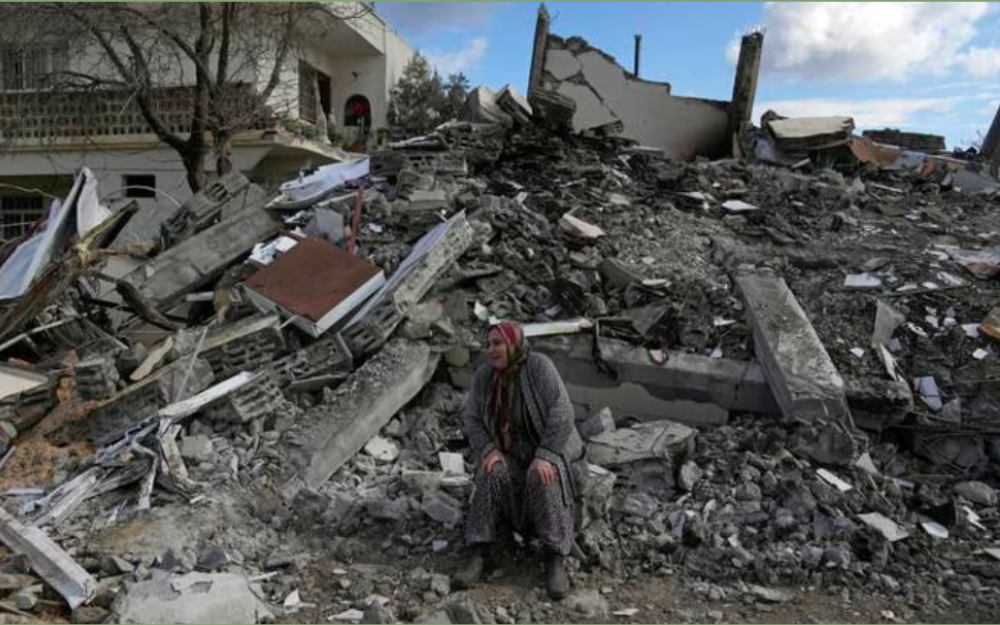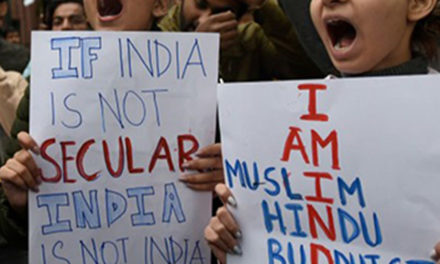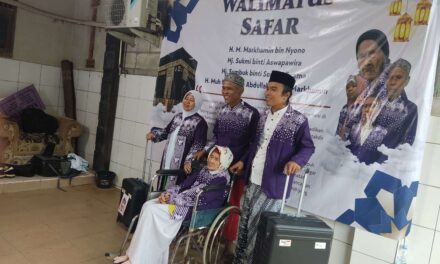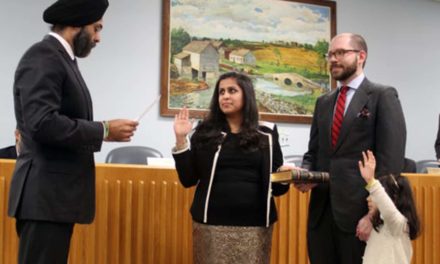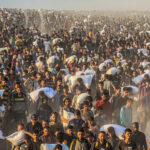Destroyed buildings in Nurdagi town on the outskirts of Osmaniye city in southern Turkey. AP
On first impression, the scene looked like it could have taken place in a refugee camp: a row of white tents, people queuing for food, a clothes distribution point. Volunteers roam around the site offering help, children play in their pyjamas amid the sound of Syrian voices.
But this is not a refugee camp, this is an emergency response site set up by Turkish authorities and visited by The National in Osmaniye, one of the cities badly affected by the strong earthquakes.
Two violent earthquakes hit the country in the early hours of Monday morning, killing more than 5,000 people in southern Turkey and northern Syria.
“Us Syrians, we are going from one destruction to another”, said Tarek, 38, from Homs, an NGO worker who took part in the organisation of the emergency response.
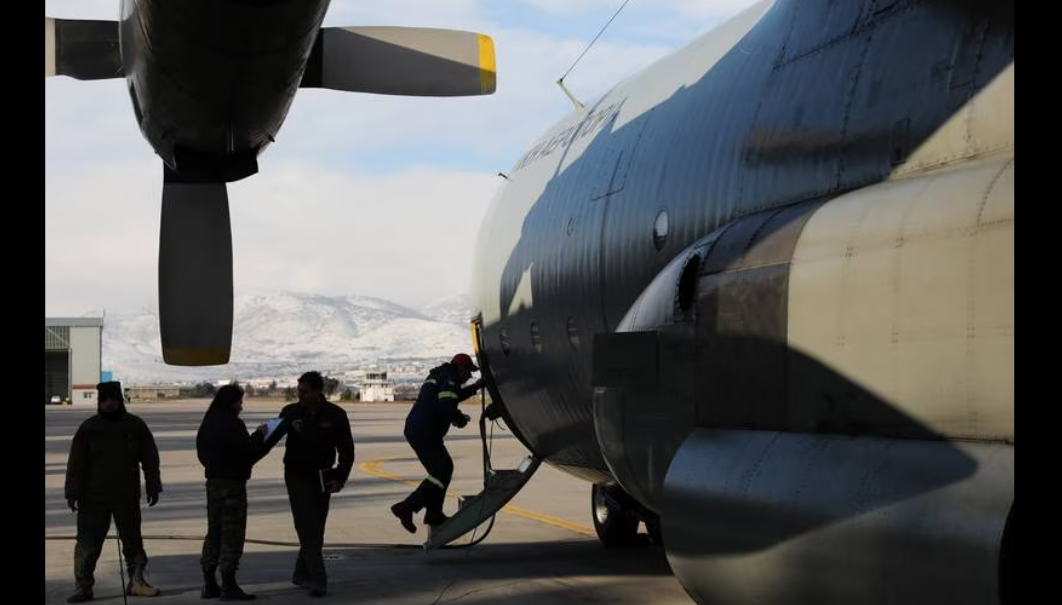
A Greek rescue team departs from Elefsina military airport to arrive at the Incirlik airport base in Turkey. EPA
The camp is also hosting Turkish people, he said, but a large proportion of the affected families are Syrian.
Turkey is home to a huge Syrian community, hosting the largest number of refugees from the country in the world, 3.6 million according to the UN. Waves of refugees fled the 12-year civil war which saw entire cities destroyed by aerial bombardment, creating one of the worst refugee crises since the Second World War.
“We lived the same thing in Syria, but it is even worse than the civil war because we lost everything in just one second”, said Abdel Hamid, 30, originally from Damascus.
He was in his flat with his family when the ground started to shake. The whole building collapsed, but his family survived. Others were not as lucky. “I know several people who lost their lives, it was terrible,” he said.
Osmaniye is about 100km from the epicentre of the 7.8 magnitude earthquake, which was followed by a similarly violent aftershock.
Both quakes destroyed at least 6,000 buildings, many of them collapsing in the middle of the night, or later in the day as rescue workers struggled to save people stranded in rubble. The death toll is feared to be as high as 20,000, according to the World Health Organisation.
“We’re going through the same uncertainty, we’ve lived in Syria,” said Anas, 38, originally from Damascus.
The emergency camp is now home to 2,000 displaced people who have lost their homes following the catastrophe. It was set up in less than a day in the car park of an amusement centre. Some of the displaced children are still hammering pegs into the tarmac.
One of the volunteers of the Red Crescent told The National that the death toll in Osmanie was at least 300 people, and could rise, as recovery teams are still searching for bodies under the rubble of collapsed buildings.
After 36 hours, chances are slim of finding any survivors, and mostly dead bodies are pulled out of the rubble.
The volunteer added that each city has set up its own camps, and it is only one of the many now in Turkey.
